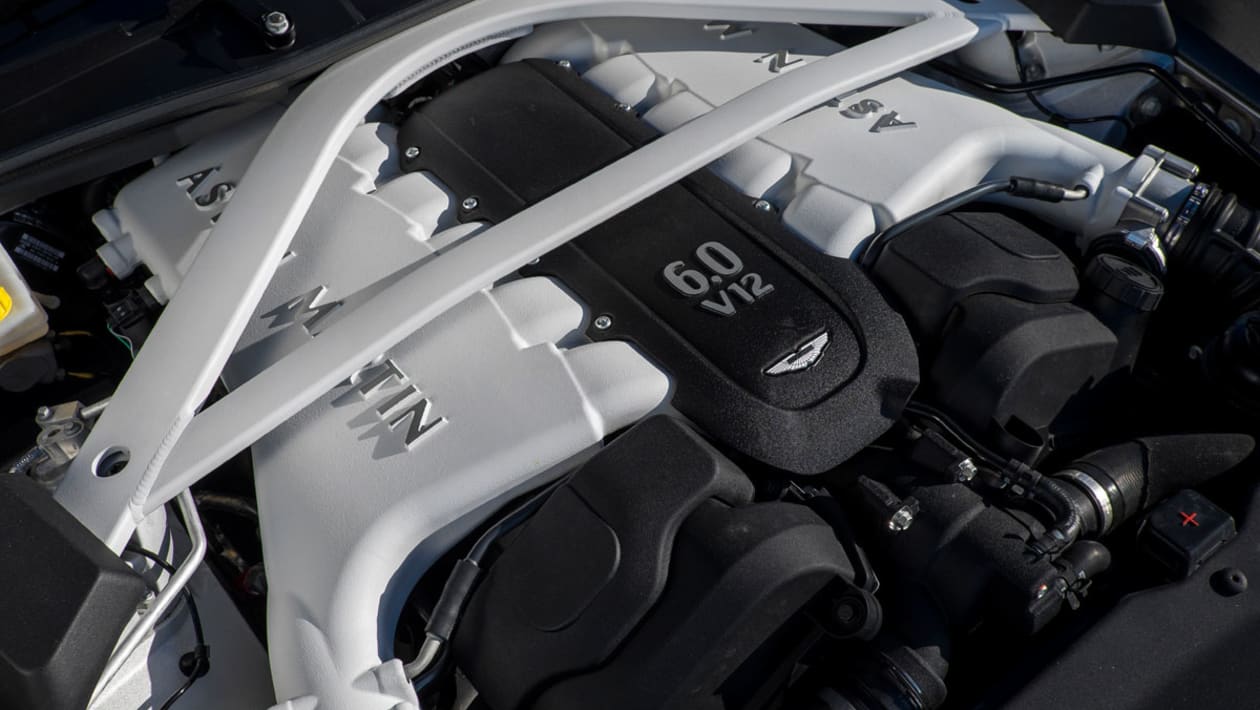How Many Litre Engine Is My Car?
What Is Engine Capacity?
Engine capacity, also known as engine displacement, refers to the volume of the cylinders in an internal combustion engine. It is measured in liters and represents the amount of air-fuel mixture that can be drawn into the cylinders during each intake stroke.
How to Find Your Engine Capacity
There are several ways to find out the engine capacity of your car:
- Vehicle Registration Document (V5C):
The V5C document, also known as the logbook, contains information about your car, including its engine capacity. - Engine Bay:
In many cars, the engine capacity is stamped on a metal plate or label in the engine bay. - Owner’s Manual:
The owner’s manual of your car should include the engine capacity specifications. - Online Research:
You can find engine capacity information for most car models online by searching for “engine capacity” and the make and model of your car.
Importance of Engine Capacity
Engine capacity affects various aspects of your car’s performance:
- Power and Torque:
Generally, larger engine capacities produce more power and torque, resulting in better acceleration and towing capabilities. - Fuel Efficiency:
Larger engines usually consume more fuel than smaller engines, especially when driven at higher speeds. - Emissions:
Larger engines typically produce more emissions, such as carbon dioxide and nitrogen oxides.
Common Engine Capacities
The most common engine capacities for passenger cars range from 1.0 liter to 3.0 liters. Here’s a breakdown of these capacities:
1.0-1.5 Liters
These small engines are designed for fuel efficiency and are typically found in compact cars and entry-level vehicles.
1.6-2.0 Liters
These mid-sized engines offer a balance of performance and economy, and are common in family cars and crossovers.
2.1-2.5 Liters
These larger engines provide more power and torque, and are often found in SUVs, pickup trucks, and performance cars.
2.6-3.0 Liters
These high-capacity engines offer the highest levels of performance and are typically found in luxury cars, sports cars, and heavy-duty vehicles.
Conclusion
Knowing the engine capacity of your car can help you understand its performance characteristics, fuel consumption, and environmental impact. By using the methods described above, you can easily find this information and make informed decisions about your vehicle’s usage and maintenance.





